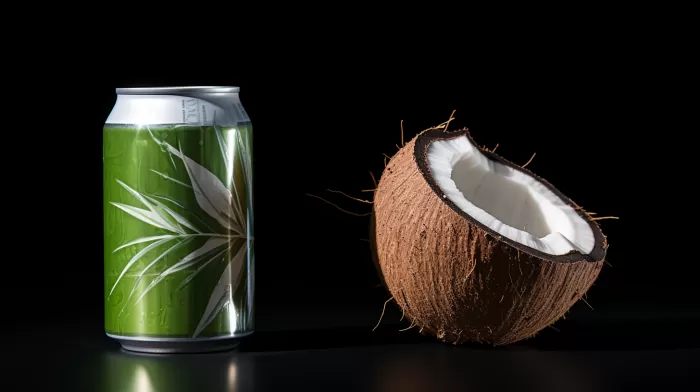Despite ongoing efforts to create the perfect no-calorie sweetener, you should still remain cautious around diet sodas. Soft drink sales are plummeting due to their unconvincing taste and dubious reputation. There is a vast amount of research linking soft drinks to numerous health problems, including weakened bones, increased risk of kidney stones, interference with mineral absorption, and increased abdominal fat.
The Issue With Current Sweeteners
Among the most infamous sweeteners are sugar and high fructose corn syrup, which have both been linked to negative health consequences. When soft drink manufacturers attempt to use the natural sweetener stevia, the resulting products contain only limited amounts of stevia alongside a host of artificial additives.
The Dangers Of No-Cal Sweeteners
Even if manufacturers manage to create a no-cal sweetener that tastes palatable, research indicates that the sweet taste alone, with zero calories, can harm your body. A study conducted at the Washington University School of Medicine in St. Louis showed that a sweet taste coming from a no-cal sweetener such as sucralose causes the digestive tract and the pancreas to release extra hormones, including insulin. This action can cause an increase in glucose absorption. Experts are unsure of the potential long-term effects of these physiological processes, but they speculate that they could be harmful.
A Healthier Alternative: Coconut Water
A safer choice for quenching your thirst is coconut water, especially enjoyed in tropical countries where it is available straight from the green shell. Coconut water is particularly refreshing to drink after exercising. According to researcher Chhandashri Bhattacharya, who has investigated the effects of sports drinks, “Coconut water is a natural drink that has everything your average sports drink has and more. It has five times more potassium than Gatorade or Powerade. Whenever you get cramps in your muscles, potassium will help you to get rid of the cramps. It’s a healthy drink that replenishes the nutrients that your body has lost during a moderate workout.”
If you tend to sweat a lot when you exercise, Bhattacharya recommends adding some unprocessed sea salt to your coconut water. Unlike heavily processed table salt, sea salt retains its useful minerals. Even if you don’t work out, consuming coconut water can still ensure you receive the potassium that may be lacking in your diet.
Two popular brands of coconut water are Harvest Bay and Taste Nirvana. The former is not only free of added sugar but is also packaged in containers that avoid the use of harmful chemicals. Taste Nirvana’s coconut water is available in a glass bottle, ensuring chemical-free packaging as well.
In summary, while diet sodas may claim to be healthier alternatives to regular sodas, the truth remains that the health problems associated with them should not be ignored. Even the sweeteners involved pose potential long-term health risks. Instead, opt for coconut water, a nutritious drink that eliminates the concern of artificial additives and can even provide some additional health benefits.



